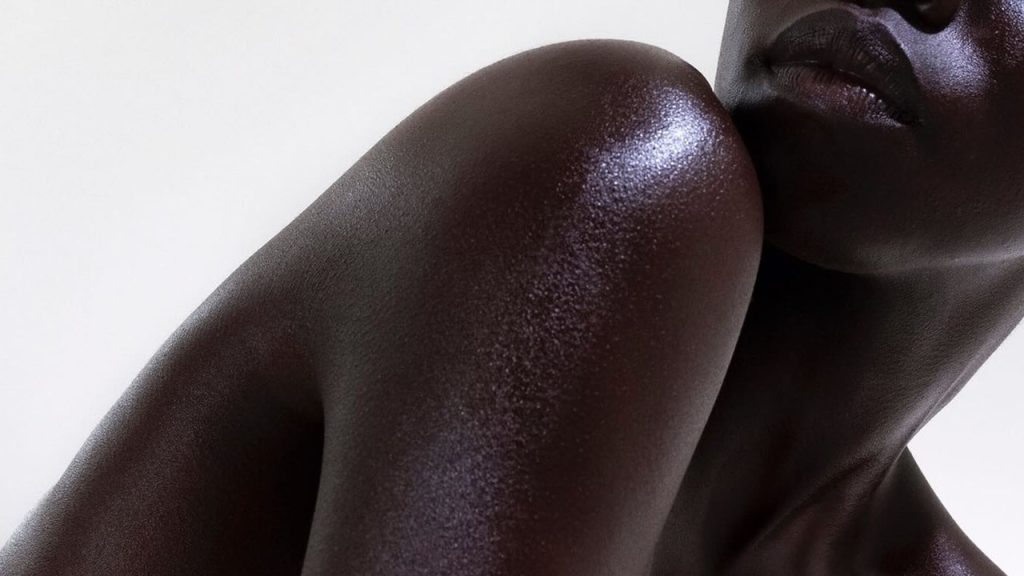When it comes to choosing a body moisturizer, it is important to look for ingredients that will effectively hydrate the skin. Higher oil content does not necessarily mean a product is more hydrating, as oils primarily function as occlusives. In order to ensure effective hydration, ingredients like ceramides, niacinamide, hyaluronic acid, and other hydrators need to be sealed in with occlusion. Experts recommend looking for body moisturizers that contain hyaluronic acid, essential fatty acids like shea butter and avocado oil, humectants like glycerin, or emollients like lanolin. Fragrance is generally safe to use unless you have sensitive skin or known allergens that may cause irritation.
The texture of the body moisturizer is also an important factor to consider based on your skin type. If you have dry skin, a richer, creamier texture is recommended to lock in moisture. For normal skin, a general lotion will suffice. If you have acne-prone skin or prefer a lightweight option, consider a body serum, gel-cream, or milk. Fragranced body lotions can be enjoyed by those with normal skin who are not prone to sensitivities or allergies.
Applying body lotion is essential for maintaining hydration and protecting the skin’s moisture barrier. Dermatologists recommend applying body lotion twice a day, especially after a shower when the skin is most receptive. It is advised to use body oil on damp or dry skin before applying body lotion to maximize hydration. However, for most people, either body lotion or body oil alone will suffice as they both work to draw water, improve the skin barrier, and lock in moisture.
It is generally not recommended to use body lotion on the face as many body moisturizers are too heavy or contain ingredients that may clog pores and cause breakouts. However, some lotions designed for sensitive skin may be suitable for the face. It is important to read labels and patch test before using body lotion on the face. When seeking a body lotion for aging skin, look for products containing hydrating ingredients and those that promote skin firmness and elasticity. Ingredients like plant-based oils, retinol, bakuchiol, Vitamin C, sea buckthorn berry, and peptides are beneficial for aging skin.
Leading dermatologists in the field of skincare and cosmetic dermatology offer expert advice on choosing the best body moisturizer. Dr. Corey L. Hartman, Dr. Shereene Idriss, Dr. Kseniya Kobets, Dr. Hadley King, Dr. Allyson Brockman-Bitterman, and Dr. Omer Ibrahim provide insights on ingredients, textures, fragrances, application, and suitability for aging skin. By following their recommendations and considering individual skin needs, one can select a body moisturizer that effectively hydrates, protects, and nourishes the skin. Whether you have dry, normal, or sensitive skin, there is a body lotion suitable for your specific concerns and preferences.













